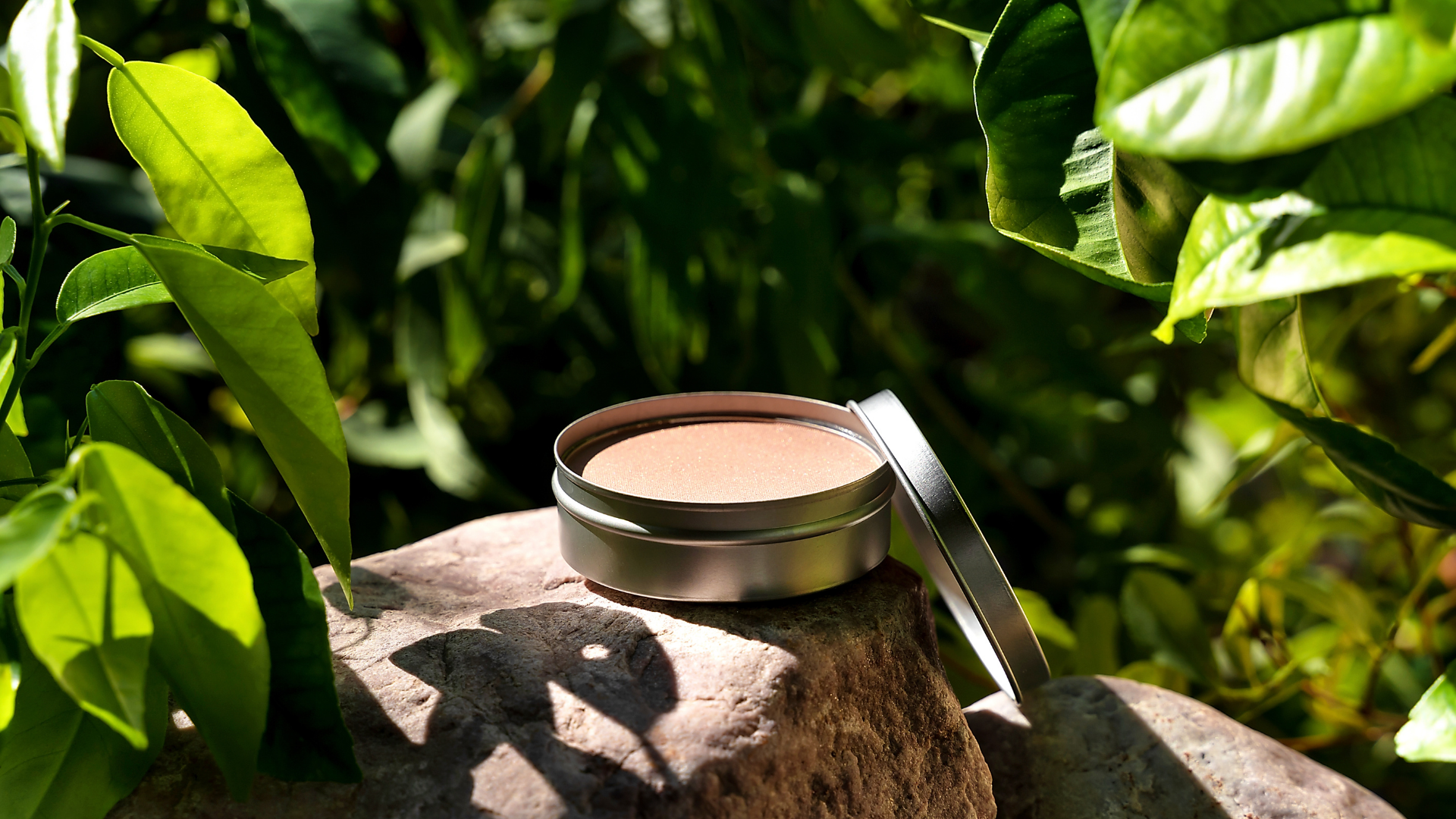Part 1: A Cosmetics Industry Perspective
Happy Earth Day, everyone!
Today’s topic is much inspired by the occasion. The idea of simplifying or minimizing our everyday beauty routine to save ourselves time, energy, and money – ‘skip-care’ or ‘skinimalism’— is hardly new. How such an approach to beauty and well-being can contribute to environmental health and sustainability is not equally brought forward. Using solely microplastic-free and other green-labeled beauty products can be very demanding for consumers. Yet, restraining to some extent from cosmetics altogether may be needed if we are to maintain a sustainable world.

We will focus on the issue of over-consumption of cosmetics from the perspective of the industry and its motives: How receptible would the world of commercial beauty and well-being be towards a skip-care movement? And what should be the consumers’ response?
This blog will be the first in a series of articles addressing the issue of over-consumption of cosmetics. Here, we will briefly introduce the problem from the perspective of the cosmetics industry and its motives. In upcoming blog posts, we will offer some skip-care solutions for your beauty routine.
Is the ‘responsible consumption’ of cosmetics enough?
To begin with, the beauty industry has recently started using terms such as ‘sustainable’, ‘wise’, ‘ethical’, or ‘responsible consumption’. An excellent example of this new attitude has to do with water consumption. “By thinking about how you use water, you can reduce the overall impact of a cosmetic product”, suggests the British Beauty Council in The Courage to Change report of October 2020. This comes hardly as a surprise given how cosmetics formulas themselves can be up to 95% water. Any additional water or other materials we use while applying or removing a cosmetics product only adds to the record.
So far, so good. It is hard to deny that turning off the tap while brushing one’s teeth or applying a skincare product is a piece of welcome advice for a more sustainable world. Reducing the amount of water or other materials we use alongside our cosmetics is undoubtedly a step in the right direction. But what about the products themselves? How much shampoo, lotion, soap, or cream should we use, and how often? Could plastic-free and other eco-friendly products justify any level of cosmetic consumption?
These are hard-to-answer questions.
Cosmetics: a booming global market
As with any other industry, at least some precious materials and energy are needed to produce even the greenest cosmetics. Despite how essential beauty products are for most of us, one would expect that we cannot simply consume them to our heart’s desire. After all, we live in a world with limited resources and a continuously growing population. This population also becomes increasingly more affluent, thus contributing even further to the consumption of cosmetics.
In a recent market report, Data Bridge assesses that due to the “changing lifestyles and rising disposable income of several countries”, the global cosmetics market is expected to reach USD 648 Billion by 2026. And this is still probably a moderate prediction. Elsewhere, you can find data indicating that we may have already surpassed this number by the end of 2022! One thing seems inevitable: we buy a lot of cosmetics, and this trend won’t stop anytime soon.
It is true that, upon the consumers’ request, more and more companies are willing to add eco-friendly options to their range of products. Greener options can also encourage more guilt-free consumption. The same market report by Data Bridge shows how the shift towards more environmentally cautious products does not hinder the growth of the cosmetics market in any significant way. On the contrary, this ‘green turn’ has been a first-class opportunity for further expansion for many.
The cosmetics industry can change, but don’t hold your breath!
Assume there was enough evidence that skip-care not only benefits us personally but is also necessary for maintaining a sustainable environment. Would the industry conduct itself according to the skip-care trend then? The picture of this thriving market makes one wonder. There would be an obvious tension between those companies’ profit motive and the peoples’ ambition to ‘do good’. And if the oil industry example is anything to go by, cosmetic companies might do everything in their power to resist such restrictions. All in all, it seems reasonable to doubt whether the world of commercial beauty and well-being would ever genuinely support a skip-care movement, let alone start one itself.
That said, at least a few voices within the cosmetics sector are willing to address the issue. The British Beauty Council is one of them: “The moment has arrived for the beauty industry to rise to the challenge of developing more sophisticated business models than simply encouraging consumers to buy more stuff.” Their proclamation may still be too vague to have an immediate effect, but, hey, beggars can’t be choosers… or can they?
Consumers need to be the first to skip-care
Maintaining a certain beauty and well-being standard means a lot to most of us. Even if skip-care was to become a necessity for a more sustainable world, let’s be honest, the chances are we would continue with our well-established routine for some time. That’s why recognizing the potential issue of the over-consumption of cosmetics early and preparing for a ‘world of less’ is vital. Developing some healthy skepticism towards anyone calling us to ‘buy more’ or ‘use more’ today may really help us avoid some predicament later on. Let’s hope that the cosmetics industry will follow our request like it has recently started doing for microplastic-free and other green-labeled beauty products.
As promised, there will be more blog posts coming focusing on some skip-care solutions for your beauty routine. Have a wonderful Earth Day, and stay tuned!
You might also be interested in:
→ Check your products for microplastics

